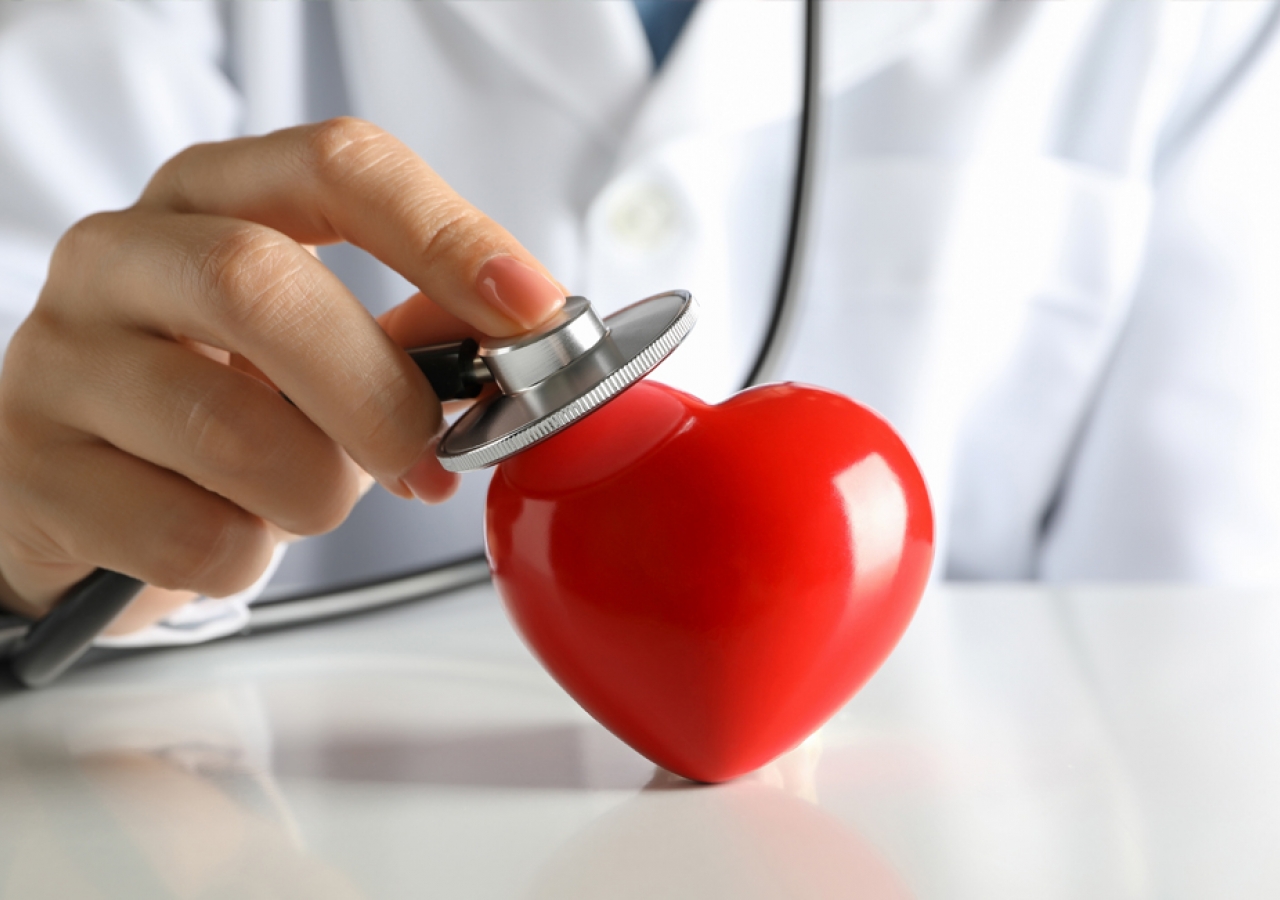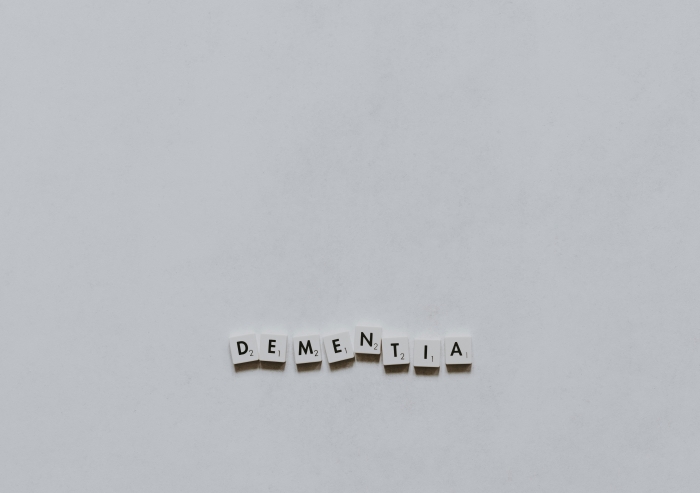When it comes to resting heart rate, 80 beats per minute (bpm) is the benchmark that everyone should be aware of, explains the expert.
According to the doctor, this measurement should be made "frequently, as it is an easy to obtain clinical indicator, which can identify certain individuals at risk of developing cardiovascular disease and also diabetes". Failure to do so, continues the cardiologist, could have serious long-term implications.
"A systematically elevated resting heart rate should be valued, as it constitutes a risk factor that can herald the future onset of disease, cardiovascular death and diabetes", he says, adding that "many epidemiological studies show that this increase in heart rate is a risk factor for developing high blood pressure".
Therefore, a consistently high heart rate "should be interpreted as a warning to initiate preventive measures to correct this imbalance. It is time for preventive medicine to do its work", explains the FPC in a statement.
What situations can speed up resting bpm?
There are several situations that can cause the resting heart rate to exceed 80 bpm, "such as thyroid disease, anemia, excess alcohol, caffeine and stress". But, reinforces the specialist, "after excluding these situations if the presence of a high resting heart rate is confirmed, we can think that the mechanisms cause this relative tachycardia. It is thought to be due to an imbalance of the autonomic nervous system, with a predominance of the sympathetic system over the vagal system".
The good news is that “by improving your lifestyle, namely through regular exercise, reduction of body weight, stress, excessive alcohol and caffeine intake”, it is possible to keep your resting heart rate under control. “Sometimes it may even be necessary to resort to the use of drugs that help control the heart rate and, at the same time, the high blood pressure that, as we have already mentioned, is usually associated, sooner or later, with this increase in heart rate.”
This without forgetting regular measurement. “Since elevated resting heart rate can indicate an unfavorable prognosis and is so easy to measure, its daily use is recommended, as well as its clinical value.”
This is one of the messages, to which the specialist adds another: the key phrase will be “Use your heart to connect with others”. "At a time when we are still fighting Covid-19, it is very important not to forget that the cardiovascular pandemic continues to be the one that kills the most in Portugal, so we cannot ignore the importance, for everyone, of adopting lifestyles and control of risk factors for cardiovascular prevention”, he concludes.
Adapted from: Não deixe o coração acelerar: "Frequência cardíaca elevada em repouso é fator de risco para doenças", alerta médico - Atualidade - SAPO Lifestyle








